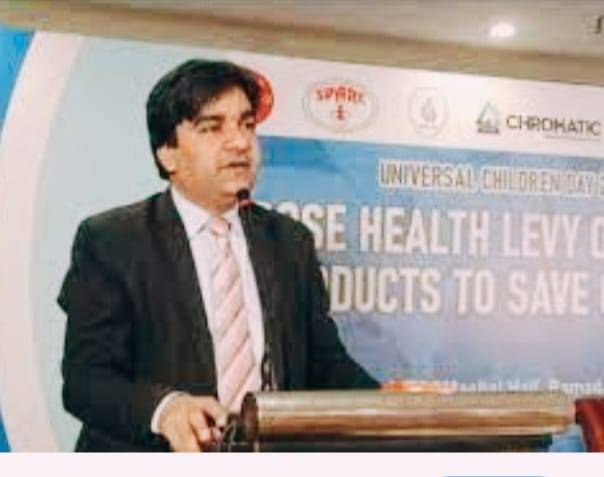
Islamabad April 23, 2024: Expressing profound concern, health activists questioned recent efforts by the tobacco industry to introduce 10-stick packs. This move, according to the activists, not only jeopardizes the progress made in tobacco control but also directly impacts children and low-income individuals, who are most vulnerable to the harmful effects of tobacco consumption.
Malik Imran Ahmed, Country Head, Campaign for Tobacco Free Kids, stated that the attempts for 10-stick packs by the tobacco industry are deeply troubling. It will not only undermine the progress made in tobacco control but also directly target children and low-income individuals who are most vulnerable to the harmful effects of tobacco consumption. Many countries in the world have banned single-stick and small-stick packet sales because they're easier to purchase for children, youth, and low-income groups, and hence the health burden is very high.
Imran added that the tobacco industry's claims of being one of the highest contributors to the economy are blatant lies. This contribution is forced in the forms of direct taxes. And even those taxes are not up to the benchmark recommended by WHO and World Bank. In fact, the tobacco industry is still making a profit from this situation by indulging in practices such as under-reporting, price adjustment, and pooling its products in the illicit market. If 10-packet cigarettes are allowed for export, there's a solid chance that the tobacco industry will sell them in the local market. And when they'll be questioned, they'll say they're counterfeit products. Therefore, to keep people safe, it's better not to allow these packets in the first place. The tobacco industry doesn't have any legal permits for these so-called export deals, and the burden caused on the national exchequer by these deadly products is much higher than these so-called export deals. So the government should stay vigilant.
Dr. Khalil Ahmad Dogar, Program Manager, SPARC, said that with approximately 31.9 million adults aged 15 years and above reported as current tobacco users, constituting nearly 19.7% of the adult population, the dire consequences of tobacco consumption extend far beyond individual health.
Dr. Khalil urged the government to take proactive measures to protect public health and prevent the exploitation of children and low-income groups by the tobacco industry. We call upon the authorities to reject any proposals that endanger the health and well-being of our citizens.

